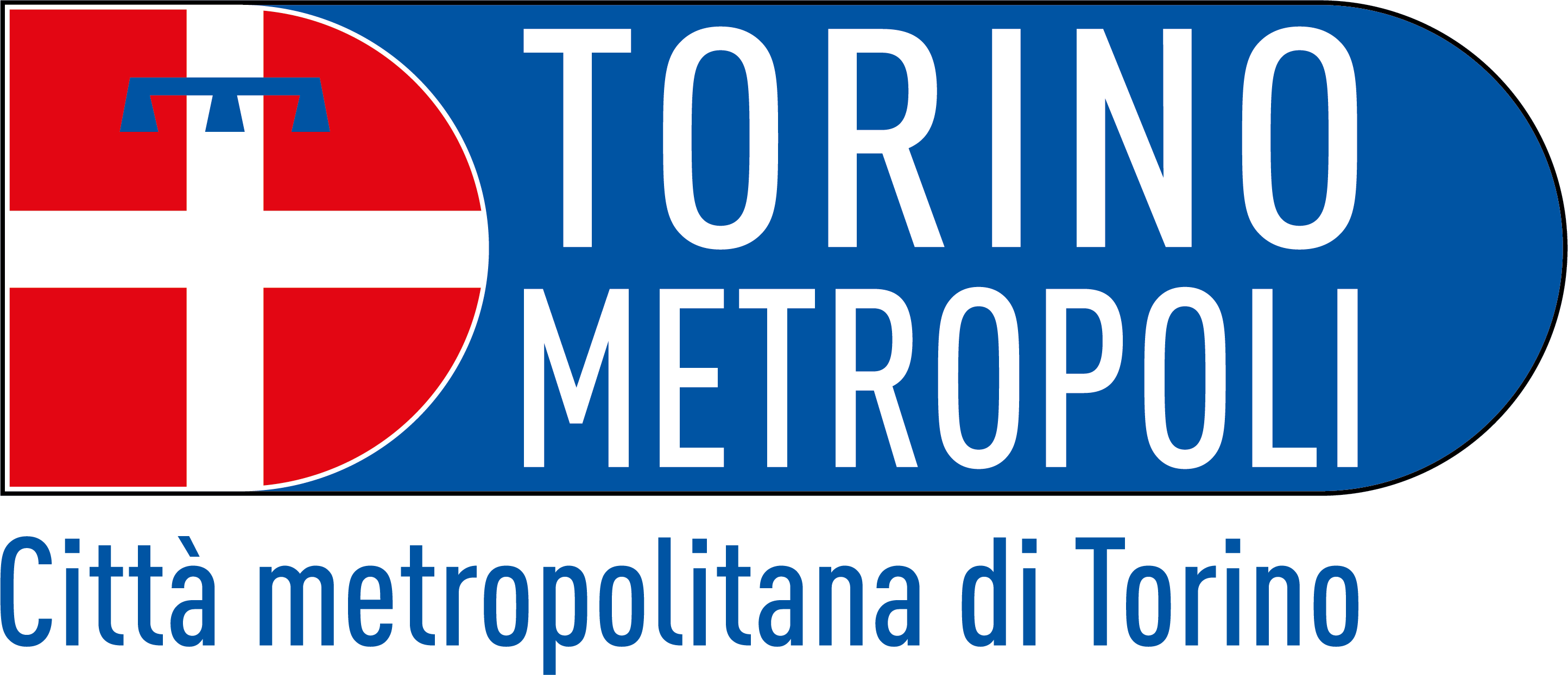The European directive 2019/904 relating to single-use plastic products (SUP), which entered into force on 3 July 2021, is finding several difficulties in its application in the various member countries. In particular, three European associations of the plastic packaging industry have released a note expressing concern about the risk of fragmentation of the common market as a result of the different application methods of the countries, some still far from enforcing the directive, others, on the contrary , introducing restrictive measures also for plastic products not included in the European text. This issue has also been highlighted in the report (viewable through this link) published by Surfider Europe, Seas at Risk and Zero Waste Europe on behalf of Rethink Plastic and Break Free From Plastic, which highlights the measures taken by the different EU countries, highlighting for each the positive developments, the missing measures and the main issues of the national processes in the implementation of the SUP. What emerges is a general delay of a large number of states and a series of differences in the measures taken.
In Italy on the 8th of November it has been published the Legislative Decree n. 196 that applies the SUP Directive. This decree will come into force starting from January 14, 2022 with some substantial differences compared to what is defined by the European directive, in particular:
- in article 3 paragraph 1 of Legislative Decree 196/2021, materials such as paints, adhesives, inks and plastic coatings in quantities of less than 10% of the weight of the article are excluded from the definition of plastic;
- in article 5 paragraph 3 it is emphasized that products made of biodegradable and compostable material produced with at least 40% renewable raw material according to European standards are not included in the prohibition of placing on the market.
This last point finds itself in contrast with the provisions of the European Guidelines, which include disposable items of such materials in the ban on market placement, making Italy susceptible to running into an infringement procedure.
